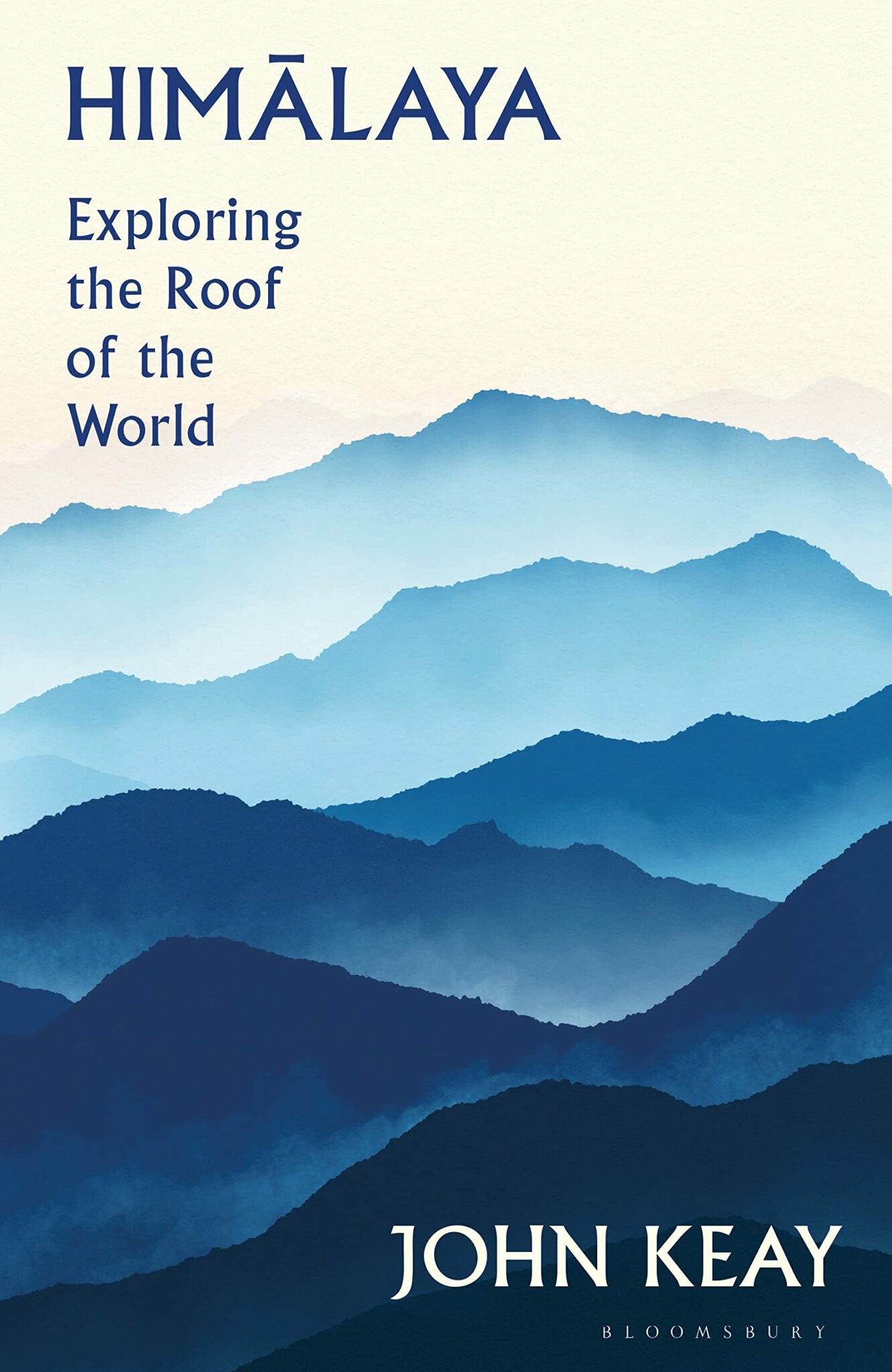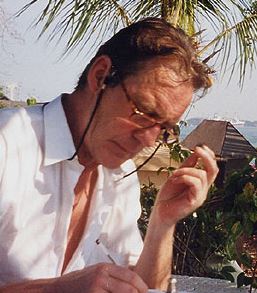Himalaya

‘Adds the human element to the hard rock. And what a rich vein it is’ –Michael Palin
History has not been kind to Himalaya. Empires have collided here, cultures have clashed. Buddhist India claimed it from the south, Islam put down roots in its western approaches, Mongols and Manchus rode in from the north, and, from the east, China continues to absorb what it prefers not to call Tibet. Hunters have decimated its wildlife and mountaineers have bagged its peaks. Today, machinery gouges minerals out of its rock.
Roughly the size of Europe, the region is one of the most seismically active on the planet. Summers bring avalanches, rainfall triggers landslides and winters obliterate trails. Glaciers retreat, rivers change course and whole lakes quietly evaporate.
To some, Himalaya is an otherworldly realm, profoundly life-changing, yet forbidding and forbidden. It has mesmerised scholars and mystics, sportsmen and spies, pilgrims and mapmakers who have mingled with the farmers and traders on the ‘Roof of the World’.
Himalaya is the story of one of the last great wildernesses and, in particular, of the bizarre discoveries and improbable achievements of its pioneers. Ranging from botany to trade, from the Great Game to today’s geopolitics, John Keay draws on a lifetime of exploration and study to enlighten and delight with this lively biography of a region in crisis.
